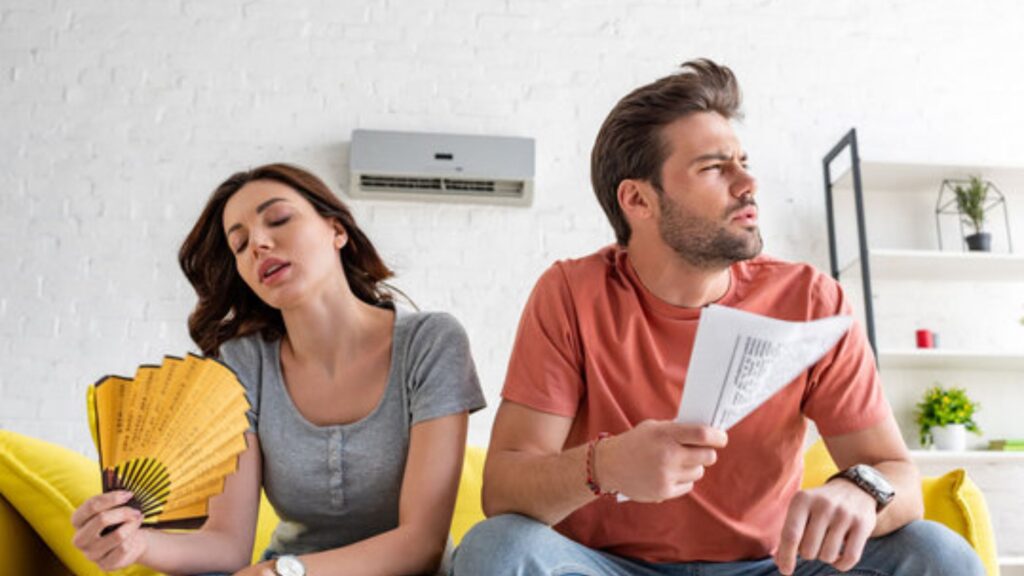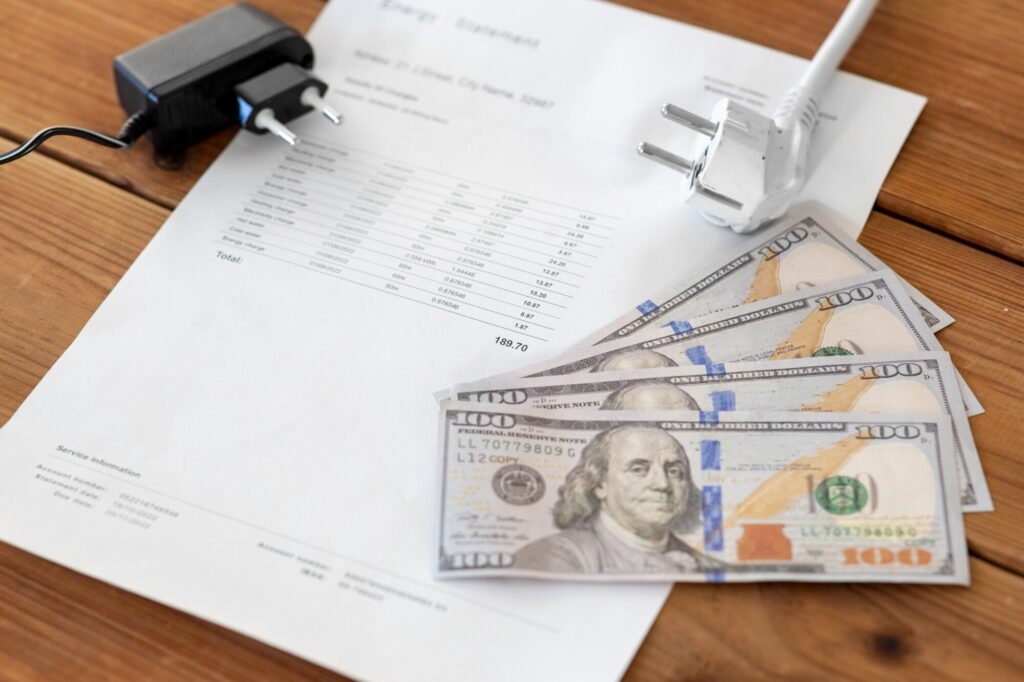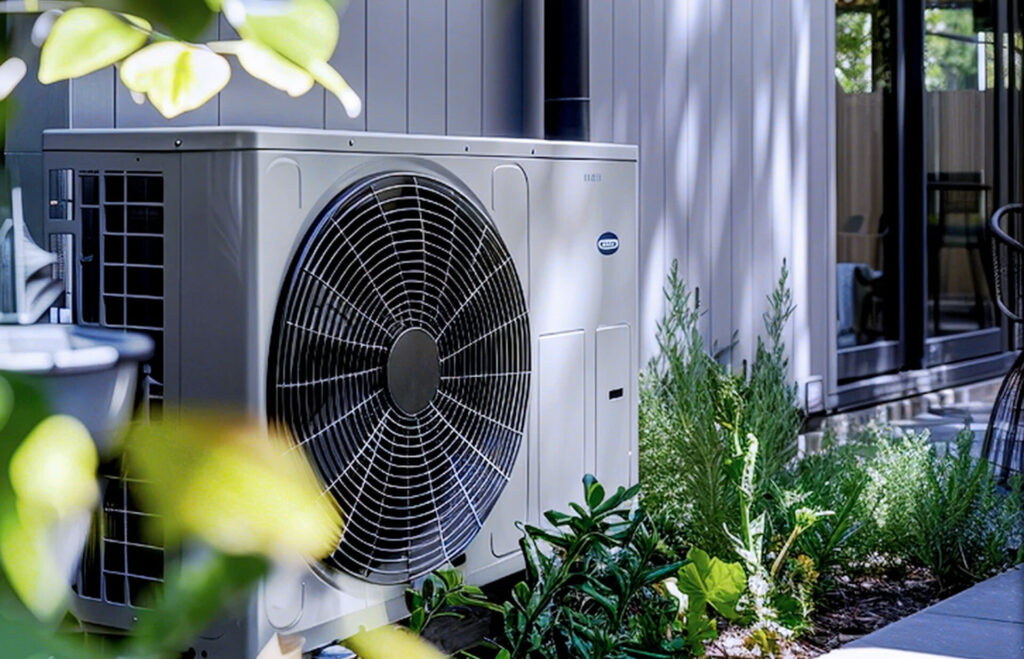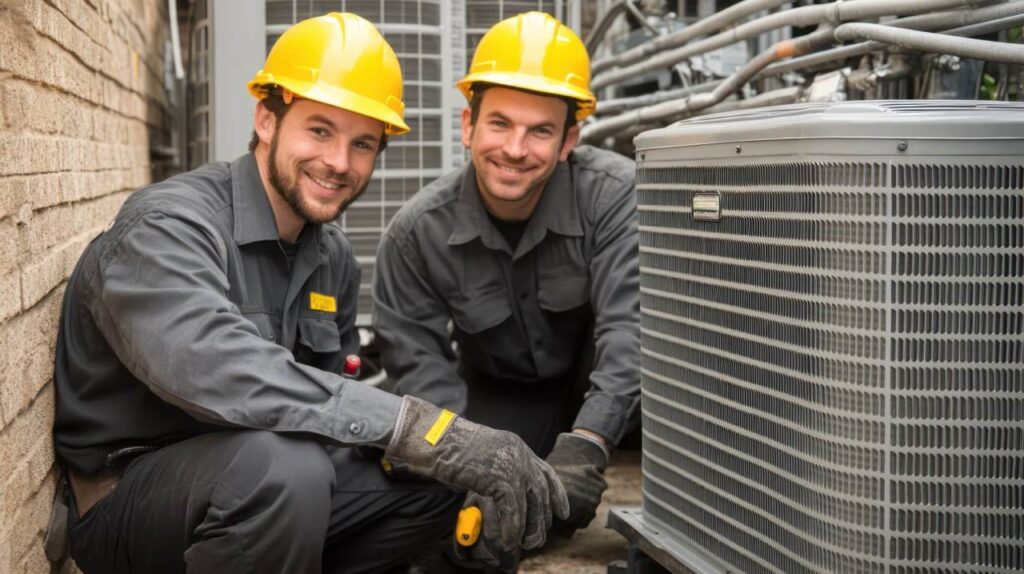There’s nothing better than going on vacation during the winter with family and loved ones. As a homeowner, you must take precautions to keep your home safe and comfortable while you’re away. To do this, you’ll need to prepare the HVAC system in several ways. We want to make your vacation, weather for Christmas or Massachusetts February Vacation Week as pleasant as possible, so we created this guide on the top 12 ways to prepare your HVAC system for for your winter vacation.
1. Adjust the Thermostat
As a homeowner in Massachusetts, it’s best to adjust the thermostat to keep the home between 55 and 60 degrees Fahrenheit when away on vacation. In addition to keeping your house warm enough to avoid damage from frozen pipes, this temperature range also helps you save electricity. If you have a programmable thermostat, you can even set it to raise the temperature in the home on the day you plan to arrive home.
2. Inspect Gas Appliances
If your home has a gas furnace, you need to inspect it for leaks, unusual sounds, or a malfunctioning pilot light before you leave on vacation. If you notice any problems, schedule professional maintenance right away. The technician can find the source of the problems and fix them before you leave. This ensures the heating system works effectively while you’re gone and is ready to keep you warm and comfortable when you return. During maintenance, a professional can also thoroughly examine the heat exchanger, burner, and ventilation system. All of these components affect the performance of your heater and must be in good working order.
3. Clear Air Vents
If your home uses a heating system that distributes warm air through air vents, it’s crucial to inspect these vents before you head out. Blocked or closed vents prevent the heater from evenly distributing air throughout the home, which impedes its efficiency and puts extra wear and tear on the system. The easiest way to keep this from happening is to check the vents before you leave. Wipe all of them down with a rag to remove any dust, and ensure no furniture or curtains are covering them.
4. Clean or Replace Air Filters
When did you last change the air filter in your home’s heating system? You need to check it if it’s been more than six weeks. If it’s dirty, replace it or clean it. Homes with pets usually need to replace the filters more often than those without them. Keeping the filter changed and clean allows air to flow freely through the system, maximizing its ability to heat your home efficiently. Keeping the filters changed is also important for better indoor air quality since they trap airborne pollutants like dust and other allergens. This is especially beneficial to those with allergies, asthma, or respiratory diseases.
5. Close Fireplace Dampers
Closed fireplace dampers prevent heat loss, especially during the winter. When you leave the dampers open, they allow the warm air inside the home to escape through the chimney, which causes energy waste and higher heating bills. Once all the fireplace dampers are closed, use a chimney balloon or flue blocker to seal the dampers effectively. Thanks to their inflatable and adaptable design, these devices block drafts and prevent warm air from escaping. Check that the fireplace is cool, and then follow the manufacturer’s directions to insert the balloon. Once the chimney balloon is in position, it forms a temporary barrier that stops cold air from getting in and heat from going out. Always deflate the balloon before re-using the fireplace. Getting rid of drafts improves the heating system’s efficiency and ensures you return to a home without hot and cold spots.
6. Insulate Pipes
Check the home for any susceptible pipes before you leave. Pay close attention to exposed pipes in colder parts of the home, like the basement, crawl spaces, or attic. Insulate easy-to-access pipes by wrapping them in heating tape. This safety step keeps pipes from freezing, which lessens the likelihood of returning to a home with expensive and inconvenient water damage. Hire a licensed HVAC technician to insulate any hard-to-reach pipes. Because of the bitter winters, homes in Massachusetts are especially at risk of pipe freezing.
7. Use a Smart Thermostat
Consider installing a smart thermostat before you leave for vacation. You can easily prevent energy loss due to frozen pipes by using this type of device to control the temperature while you’re away remotely. Using the thermostat’s vacation mode to receive alerts when the home experiences extreme temperature fluctuations gives you the ability to adjust the temperature on the go. You can even use automated settings to have the system automatically adjust the temperature for you, allowing you to enjoy your vacation better.
8. Seal Air Leaks
Two of the best ways to seal air leaks in a home before you go on vacation are to invest in insulation services and duct cleaning. Insulation services improve the home’s heating efficiency by preventing heat loss through even the smallest of gaps and crevices. Duct cleaning not only removes harmful pollutants from the home’s ductwork but it also allows the technician to seal any leaks in the ducts. Sealing air leaks is an excellent way to ensure you come home to a healthier home.
9. Clear Debris Around Outdoor Unit
For the best operation of an outdoor HVAC unit, be sure to clear the area surrounding it. Leaves, snow, and other debris restrict airflow, which reduces the unit’s effectiveness. Proper ventilation is essential for the system to function properly, and a clean environment is ideal for this.
10. Check Humidity Levels
Aim for a humidity level of 30% to 40% during the winter in Massachusetts to avoid problems like dry skin and warped furniture. To combat extreme dryness, use a humidifier. Whole-home humidifiers make it simple to regulate the humidity throughout the whole house. Many smart thermostats also come with humidity regulation features that you can use while you’re away on vacation to monitor the level of moisture in the air. You can manually adjust or even automate humidity settings to your preferences.
11. Secure Windows and Doors
To keep your house safe and your HVAC system running efficiently while you’re away, lock all doors and windows before you go. By preventing drafts and air leaks, this preventative measure makes it easier for the heating system to heat your home, reducing energy consumption and bills.
12. Close Curtains or Blinds
Before leaving for winter vacation, be sure to close all drapes and blinds. Because of this, the heating system can keep the room at a more pleasant temperature with less effort. Closed drapes and blinds act as additional insulation, making a house more energy efficient even when the owner isn’t there.
It’s also smart to contact Endless Energy to schedule HVAC maintenance before you go on vacation in the winter. In addition to heater maintenance, we help homeowners with AC maintenance, mini-split installations, home energy assessments, heat pump services, and much more. Contact us now to learn more about prepping your HVAC system for winter vacation.






